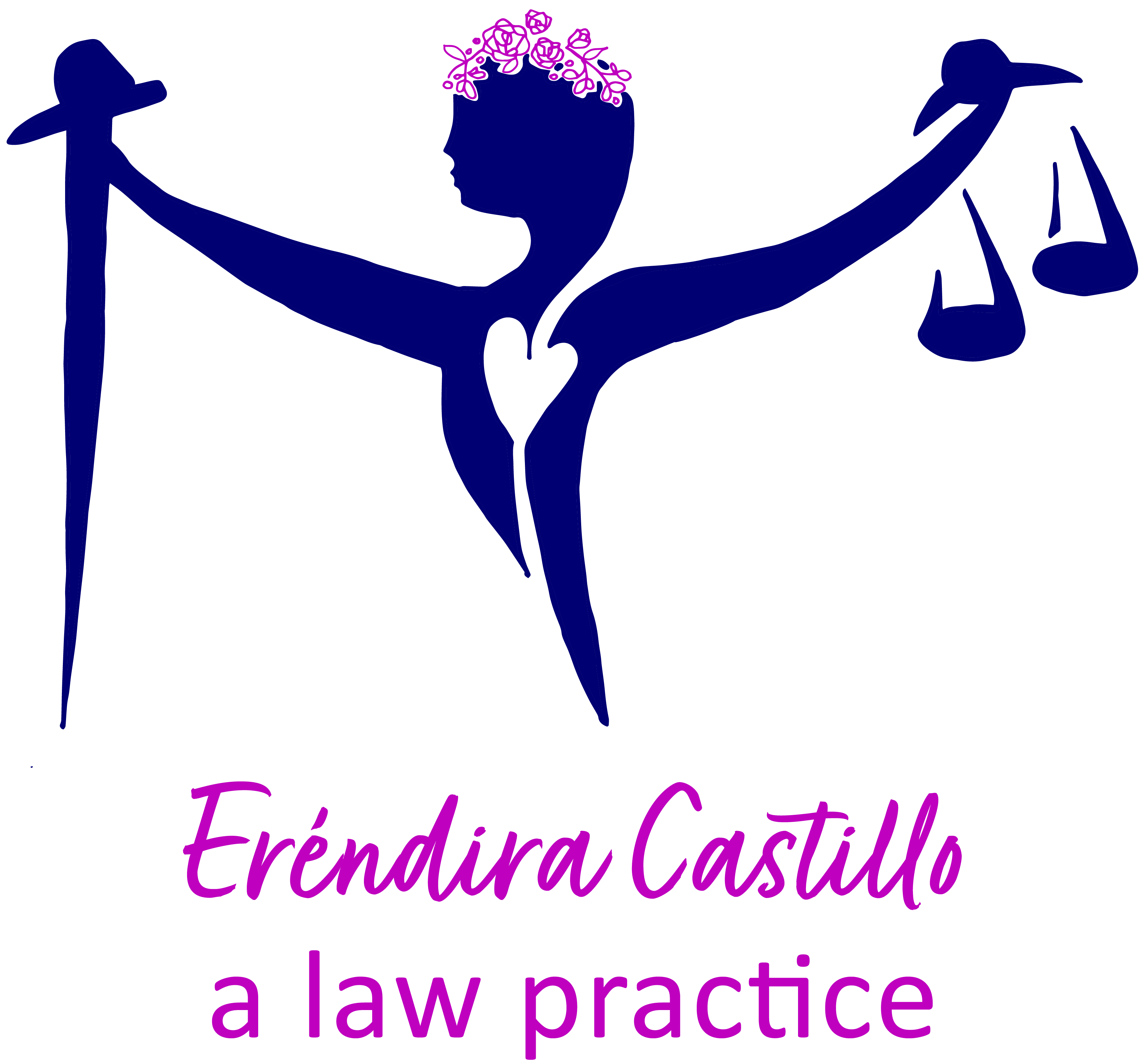Pay For a Loved One's Education With an Education Trust Fund
Today’s parents are all too familiar with the budget-busting cost of funding a child’s college education. It can be challenging enough to put aside sufficient savings for a single child’s education, but for multiple kids, the price tag can make donating a kidney for extra cash seem downright reasonable! Can you pay for a loved one's education with an education trust fund?
In fact, a survey by The College Board found that the “moderate” cost for all expenses (tuition, fees, books, room and board) for a year of in-state public college averaged $24,610 in 2016-2017. A similarly moderate budget for a private college averaged $49,320.
But don’t freak out just yet! If you’re savvy about estate planning, you can use an education trust fund to save for your child or grandchild’s education expenses and specify exactly how you want those funds used.
You can create an education trust that is payable during your lifetime (living trust) or upon your death (testamentary trust). The disbursements from the trust are designated for a beneficiary's education, and you can specifically designate how and when the funds are to be distributed—meaning the beneficiary can only receive the funds if they’re compliant with your terms.
Education trusts can be used to fund not only a traditional university education, but any type of learning institution, such as trade schools, educational workshops, community colleges, and private academies. Or even alternative education, such as travel, workshops, retreats, business building programs, and the like. You get to decide exactly how broad or how limited the use of the funds can be.
Trusts can be created for multiple beneficiaries, whether through separate trusts for each individual or a single trust that funds all beneficiaries. If a single trust is established for multiple beneficiaries, you can require the assets to be distributed in a number of ways: equally, using a set amount, by percentage, or the decision as to how much each beneficiary receives can be left to the trustee’s discretion.
Education trusts aren’t generally set up as tax-saving vehicles, as would be the case with a traditional 529 Plan (which does provide tax savings, but has much more restrictive use). That said, there could be some tax savings if the income of the trust is taxed at your beneficiary’s tax rate, which could be lower than your personal tax rate on income.
The only part of the trust that will be taxable is income earned by the investments in the trust (interest and dividends). The trust owes yearly income taxes on income above $600; however, if the trust distributes that income, the beneficiary is responsible for paying taxes at their rate.
The trust is only responsible for taxes on income not distributed by year’s end. And that income is taxed at trust tax rates, which could be higher than the beneficiary’s rate—and possibly even higher than your personal tax rate, so make sure you are clear about whether income should be distributed before year’s end for each year the trust earns income.
If the education trust is irrevocable, meaning that the gift cannot be taken back, and the amount contributed is less than the annual gift tax exemption amount ($14,000 in 2017), then no gift-tax return is required. If the gift exceeds that amount, then it would be necessary to file a gift-tax return, reporting the gift and using up part of your lifetime exemption of $5.49 million. A married couple can exempt $10.98 million in their lifetime.
If you’re interested in funding your children’s or grandchildren’s education using an education trust, a Personal Family Lawyer®, can walk you step-by-step through the process. Schedule online.
